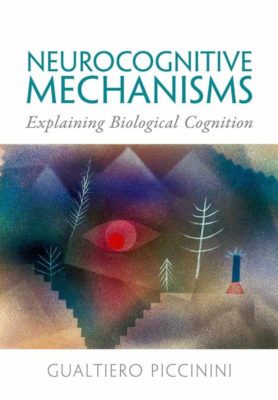
The Brains Blog is thrilled to feature Gualtiero Piccinini this week, focusing on their new book, Neurocognitive Mechanisms: Explaining Biological Cognition (Oxford). Gualtiero is, of course, the original founder of the Brains Blog! So we welcome Gualtiero back for a triumphant homecoming. You can find each post in one place here (as they become available).